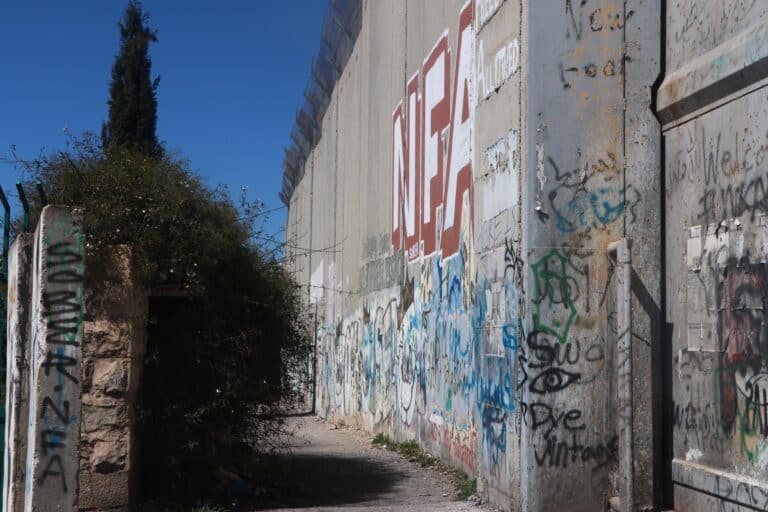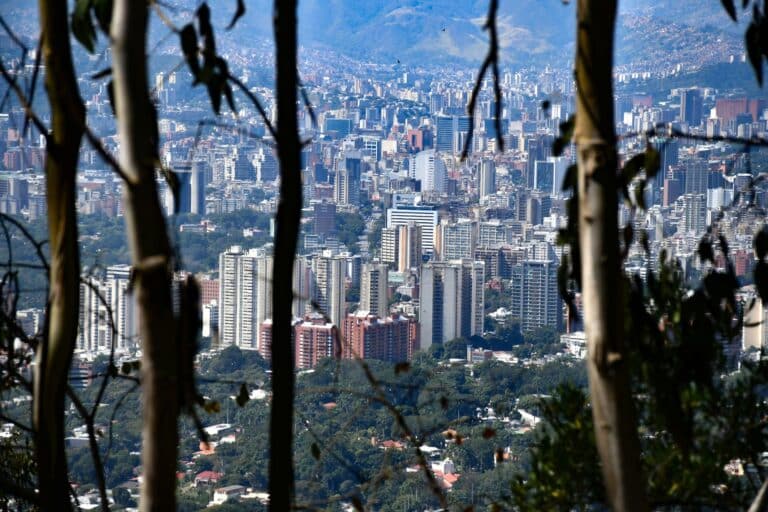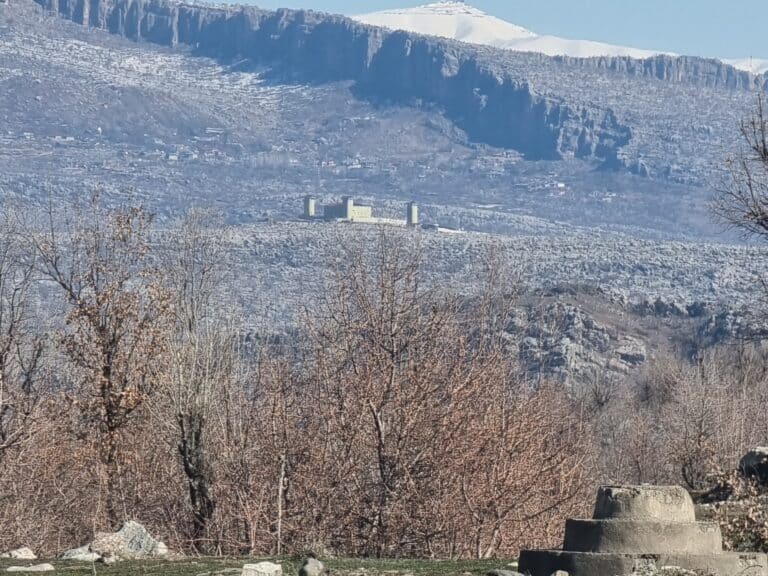CPTnet
25 February 2012
IRAQ REFLECTION:
Anniversary of the Kurdish spring
by Bud Courtney
17 February
2012—a year after the Kurdish spring. A sense of powerlessness is in the city as military and
police presence builds in anticipation of possible activities on the first
anniversary. There is no clear-cut
agenda for a demonstration, just calls on Facebook to gather in the square at
11:30. All calls are faceless and
a sense of uncertainty looms.
At 10 o’clock we joined a large group, many of whom we had walked with
through the streets of the old city during the Valentine’s Day witness, at
the graveyard above the area where one of the young men killed during the
demonstrations is buried. It was a
solemn beginning to the day, a reminder that anything can happen when things
spin out of control.
Ten minutes after leaving the graveyard, two of us from CPT and a friend from
the Federation of Civil Societies stood at a coffee shop a block from the city
square and watched as wave after wave of Peshmerga Armed Forces marched through
the street into the square, the focal point for sixty-two days of continuous
gatherings a year ago. When we
arrived, the area was dominated by these troops, creating a barrier at every
walkway. Each man carried a wooden
or plastic baton. They appeared
tense and poised to strike. A
thousand citizens walked or stood on the sidewalks watching in anticipation. It felt as though almost any single
unusual movement could set off a chain reaction of violence.
And with that, to our right in the street we saw journalist, Rahman Garead,
surrounded by Peshmerga. He was
yelling and being beaten on his side and legs. We tried to reach him, hoping in some way we could come to
his aid but this became impossible as the number of security forces grabbed and
took him away.
We saw a small number of men quickly taken into custody. It was unclear what, if anything these
men had done though we learned that most were journalists, a least one an
American.
An hour or so later, the tone of the square changed. The air was out of the balloon. The armed presence remained but was physically relaxed, body
language read “at ease.” People
went back to browsing the shops and moving about. We left the square to write a press release with a friend
from the Federation for Civil Societies, sent it out to ninety-six media outlets
and then returned to the square once more to judge the tenor of the afternoon. Same scene as when we departed earlier.
So we returned home, saddened that a friend was beaten and detained and that
our feeble attempt to help him was in vain. We learned two hours later that the Peshmerga released all
those taken into custody without charging them. We were grateful for that. We are grateful that our day did not end where it began. At the graveyard.
Suleimaniya one year ago



